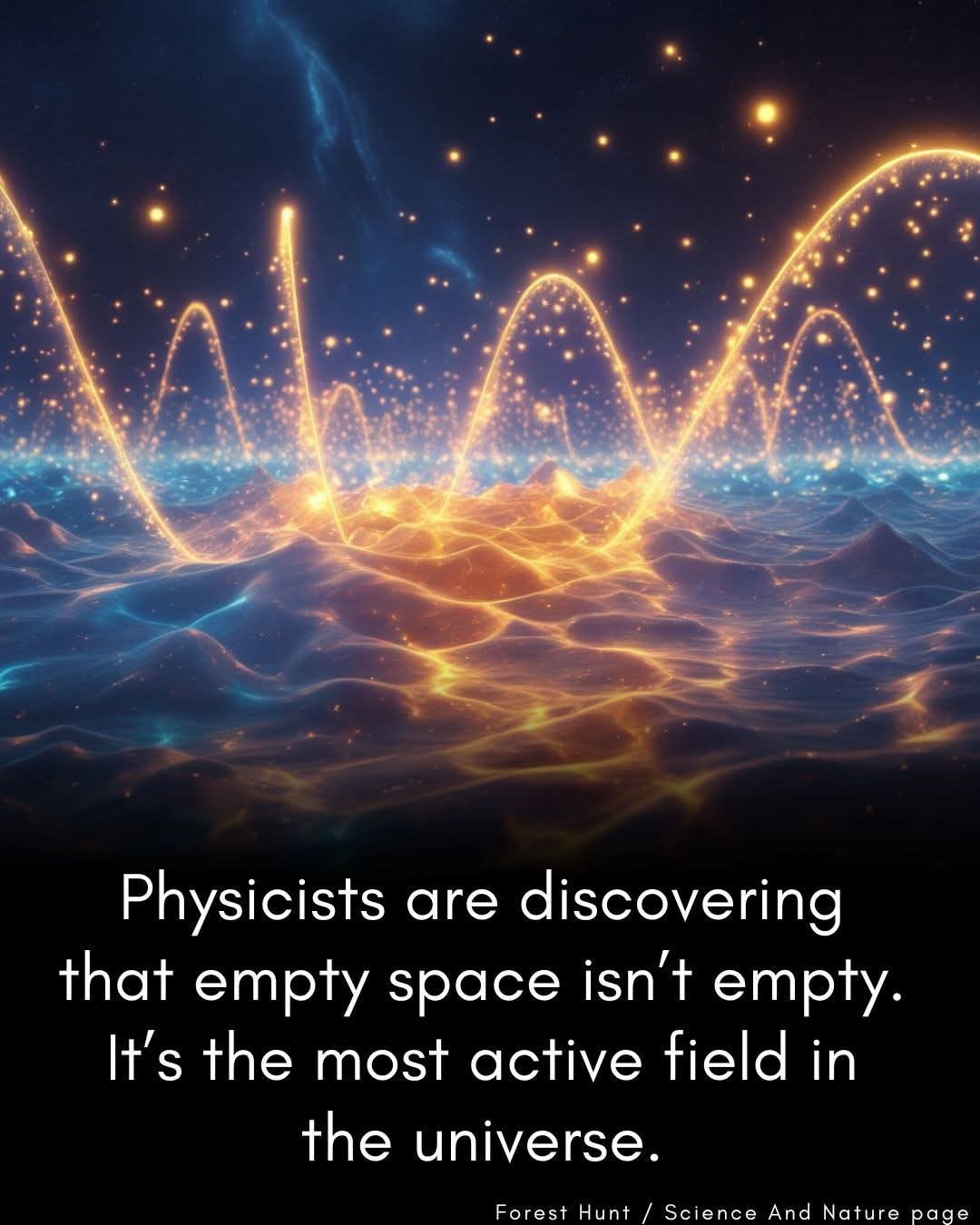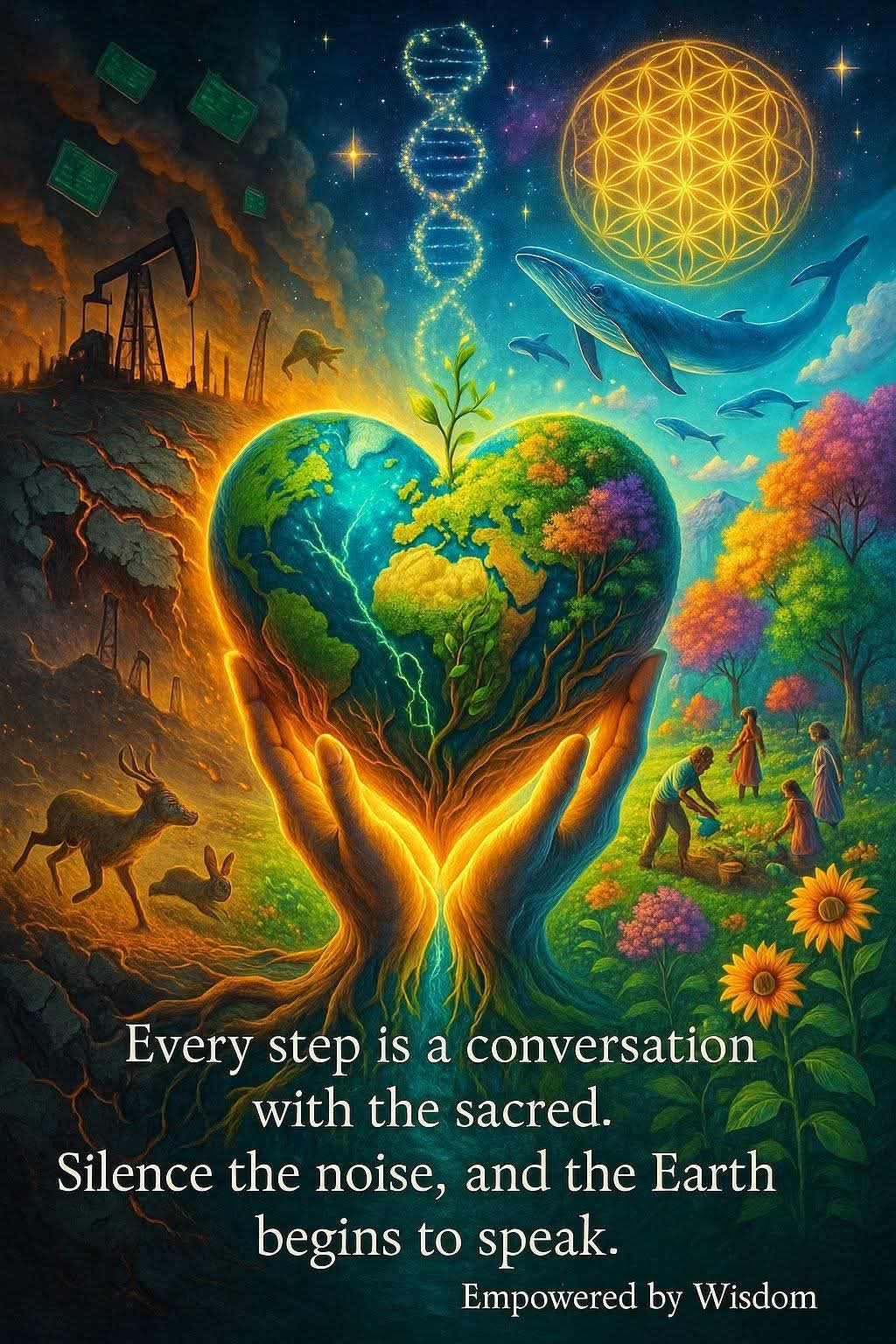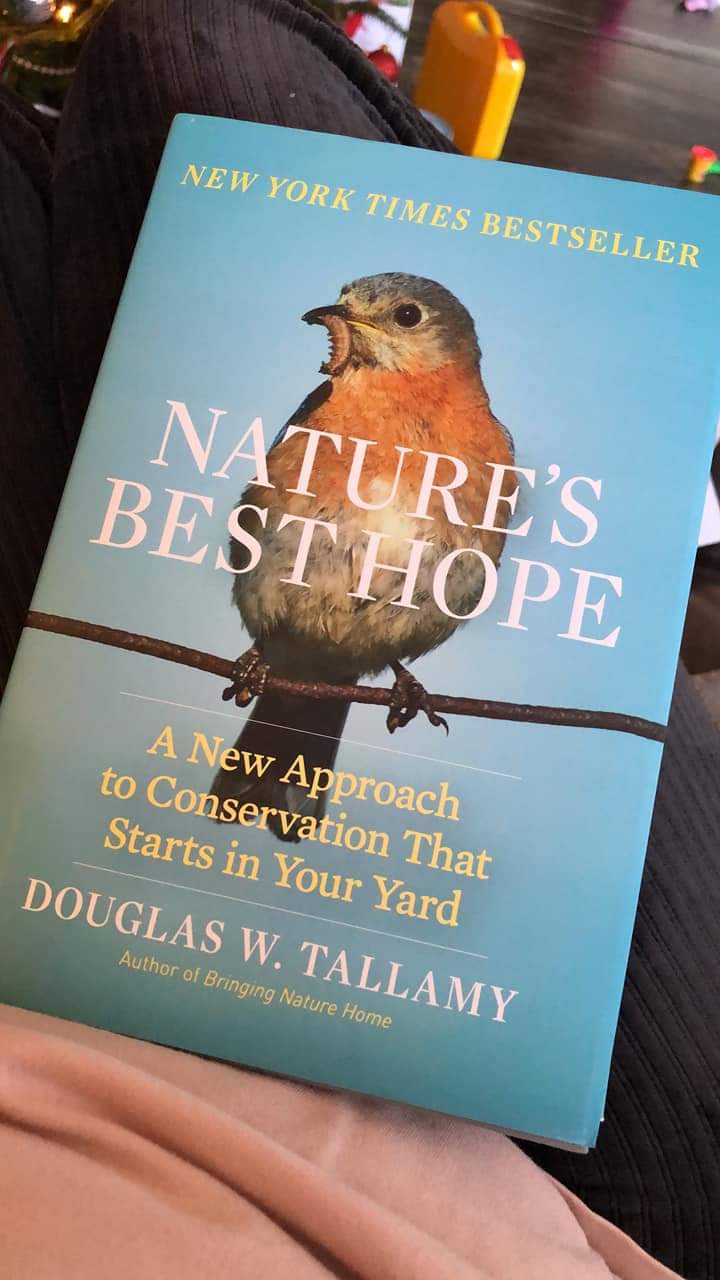In a culture dominated by noise, speed, and conflict, Krista Tippett has long stood as a voice of quiet depth, compassionate curiosity, and intellectual rigor. As the creator and long-time host of the OnBeing podcast, Tippett has not only interviewed some of the most insightful thinkers, spiritual leaders, scientists, and artists of our time—she has also helped shape an entirely new way of engaging with the world: one rooted in what she calls “generous listening.”
Who Is Krista Tippett?
Krista Tippett is a journalist, author, and Peabody Award-winning broadcaster known for her deep and probing conversations on life’s biggest questions: What does it mean to be human? How do we live with dignity and compassion in a fractured world? What role do spirituality, ethics, and meaning play in modern life?
Raised in a Southern Baptist household in Oklahoma, Tippett’s path has taken her from working as a journalist in Cold War Berlin to studying theology at Yale Divinity School. This diverse background informs her unique lens: part journalist, part theologian, part cultural translator.
She launched OnBeing (originally titled Speaking of Faith) in 2003 on public radio, and it quickly became a refuge for those seeking intelligent, contemplative conversations. Over the years, the show has evolved into a media ecosystem—a podcast, a digital platform, and a non-profit foundation—dedicated to exploring the intersection of spiritual inquiry, social healing, and human flourishing.
The Essence of OnBeing
At its core, OnBeing is about meaning-making. The podcast explores what it means to be alive, to be connected, to be in conversation with the mysteries and certainties of life. It welcomes voices across disciplines: Buddhist monks and neuroscientists, poets and politicians, activists and astrophysicists. Some of Tippett’s most beloved guests include the poet Mary Oliver, civil rights legend John Lewis, Buddhist teacher Thich Nhat Hanh, and physicist Brian Greene.
What sets OnBeing apart from other interview-based podcasts is the tone and texture of the conversations. There is no rush. No attempt to provoke or sensationalize. Instead, Tippett crafts a space where silence is welcome, and questions linger. Listeners come away not with answers, necessarily, but with a richer understanding of complexity and nuance.
This approach has resonated deeply with a wide audience. At a time when public discourse is often marked by division and outrage, OnBeing offers an antidote: a way of speaking and listening that nourishes rather than depletes.
Generous Listening: A Radical Act
One of Tippett’s most enduring contributions is the idea of “generous listening.” She describes it not just as a technique, but as a moral and spiritual practice—a way of being present with another person without trying to control, correct, or categorize them.
Generous listening, Tippett says, involves “a willingness to be surprised, to let go of assumptions and take in ambiguity.” It requires patience, humility, and a deep respect for the inner life of others. It is a kind of listening that allows us to stay curious in the face of difference, to be open to transformation.
In an age where polarization is rampant and attention is scarce, generous listening becomes a radical act. It creates the conditions for real connection—across political divides, religious differences, and cultural boundaries.
This concept has profound implications not only for personal relationships but also for leadership, education, journalism, and civic life. Tippett has taken this message into boardrooms, seminaries, tech companies, and conflict zones, offering a vision for how listening can be a tool for collective healing.
The Spiritual Heart of OnBeing
While OnBeing is not overtly religious, it is deeply spiritual. The show inhabits the space between traditional faith and secular life, where questions of belonging, morality, purpose, and transcendence live. Tippett often refers to the "spiritual technologies" that help humans navigate complexity: rituals, meditation, poetry, silence, and storytelling.
This spiritual heart is perhaps why so many listeners describe the show as grounding or even sacred. It’s not a platform for dogma but for honest inquiry. Tippett’s own theological background allows her to navigate sacred language with grace, drawing from Christian, Jewish, Buddhist, Muslim, Indigenous, and non-religious wisdom traditions without flattening their differences.
In doing so, she invites a wide and inclusive audience to find resonance—not through agreement, but through shared humanity.
Impact and Legacy
OnBeing has had a significant cultural impact. It won a Peabody Award in 2008 and has been featured in countless best-of podcast lists. Tippett herself was awarded the National Humanities Medal by President Barack Obama in 2014 “for thoughtfully delving into the mysteries of human existence.”
But the true legacy of OnBeing may be in the quiet, cumulative effect it has had on its listeners. Teachers use episodes in classrooms. Spiritual leaders draw on them in sermons. Therapists recommend them to clients. Activists listen for wisdom and restoration. In a world saturated with information, OnBeing has offered something far more valuable: meaning.
Beyond the podcast, Tippett’s work has expanded into initiatives like The OnBeing Project, Civil Conversations and Social Healing, and The Pause—a digital newsletter and resource hub. These extensions of her mission are aimed at equipping people to live lives of deep attention, ethical imagination, and civic grace.
The Pause and the Future
In 2022, Tippett announced that OnBeing would shift from a weekly podcast to a seasonal format. This move reflected her belief in the need for sustainable creativity, intentional pacing, and deep reflection—values that align perfectly with the ethos she’s cultivated.
The change was also an invitation to listeners to rethink their own relationships with time, productivity, and attention. It underscored a broader truth: that deep work requires deep rest, and that the spaces between words are as vital as the words themselves.
Through her books, such as Becoming Wise and Speaking of Faith, Tippett continues to shape the conversation around public theology and contemplative civic life. Her influence can be felt in many of today’s rising voices who integrate spirituality, justice, and healing into their public work.
Why Krista Tippett Matters Now
At this cultural moment—marked by climate anxiety, political division, technological disruption, and a widespread crisis of meaning—Krista Tippett’s voice is more important than ever. Her insistence on nuance over certainty, empathy over ideology, and wonder over cynicism offers a path forward.
She shows us that it is possible to be both intellectually rigorous and spiritually open, both critical and kind. She models a kind of presence that does not shy away from pain but does not let pain define the whole story.
Most importantly, she reminds us that conversation—when done with courage and care—can be a form of healing.
Conclusion
Krista Tippett’s OnBeing is not just a podcast; it’s a practice, a philosophy, and for many, a lifeline. In her commitment to generous listening, Tippett has redefined what it means to have a public voice. She invites us into a deeper kind of discourse—one rooted in empathy, inquiry, and reverence for the complexity of being alive.
As we face an uncertain future, her work continues to light the way—not by offering easy answers, but by teaching us to ask better questions.
#KristaTippett, #OnBeing podcast, #generouslistening, spiritual podcasts, civil discourse, Krista Tippett biography, meaning and purpose, public theology, OnBeing episodes, mindful listening, contemplative dialogue, podcast about meaning
|
|







